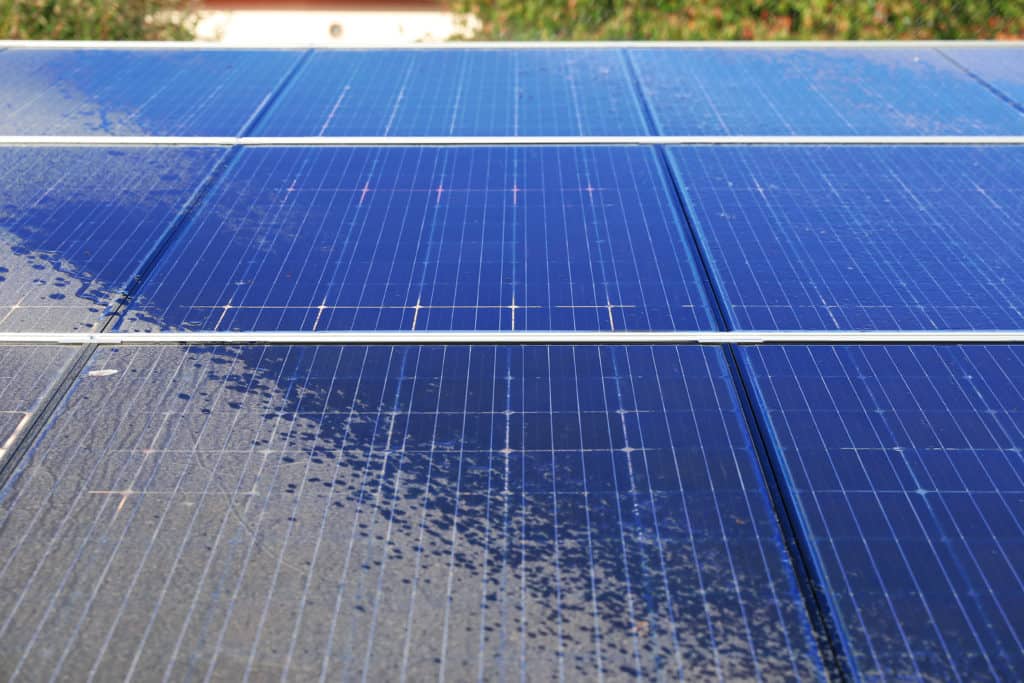
Solar panels are a great choice for energy consumption, and we tend to lean towards buying them more and more. However, what happens when you don’t take care of your solar panel, and it gets dirty? How do you get it clean again?
To clean your solar panels, you need to use a quality soft brush and water. The water should not be too pressurized, and the soft brush should be soft enough to avoid any damage. Once the solar panels have been washed, gently squeegee the panel with a cloth covered sponge.
Cleaning your solar panels can be harder than it first appears to be. So what can you do to make sure that you clean them correctly, avoiding any possible damages along the way?
When should I clean my solar panels?
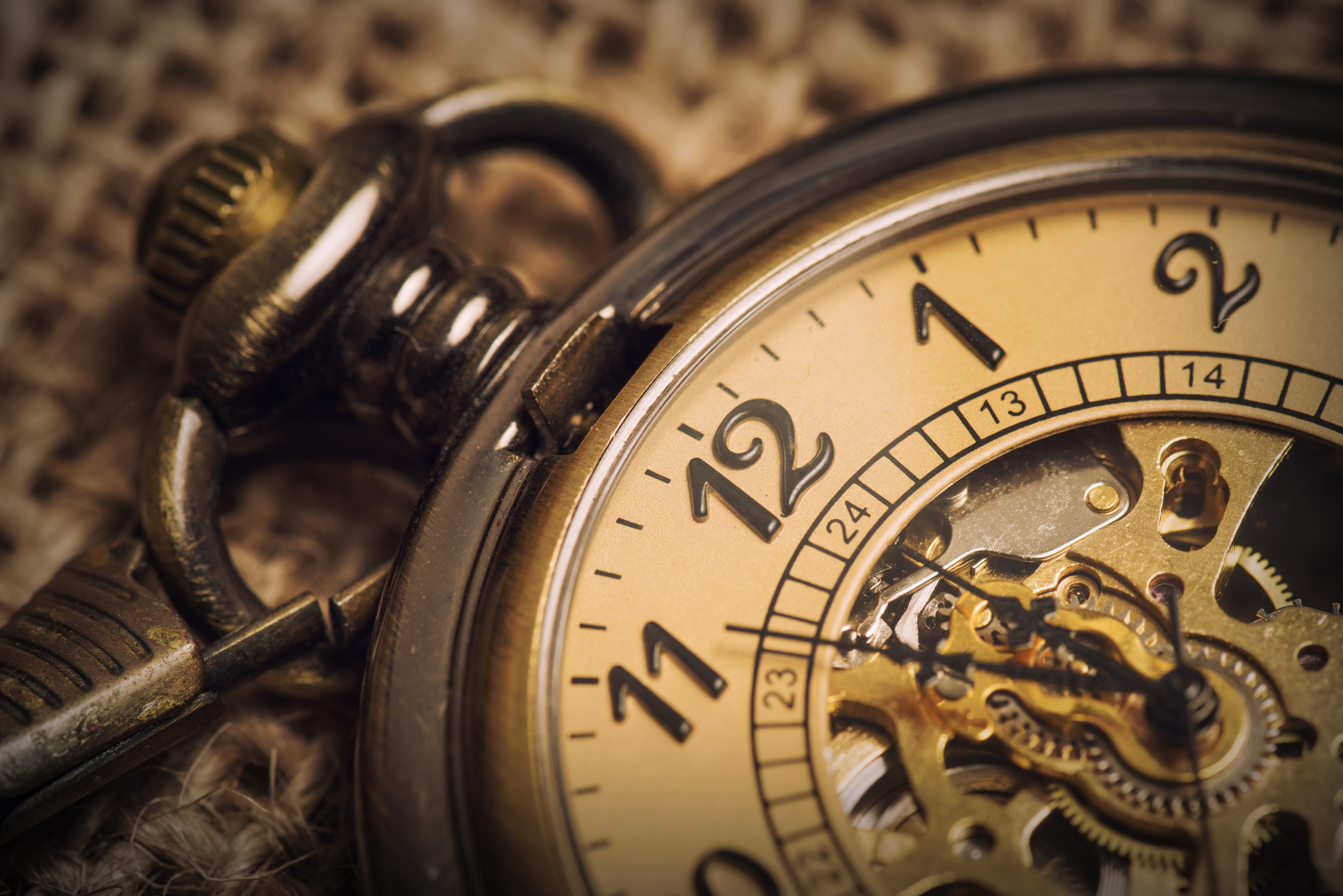
Temperatures can affect how easily you will be able to clean your solar panel. A hot and sunny day would require more effort as the heat would continually dry any cleaner and or water that you are using. This could leave further residue which would have to be cleaned once more.
Warning: Damage can also occur to the solar panels as you are cleaning them in the hot sun. The sudden temperature change from hot to cold can crack the glass. It can also occur during colder climates, in which the water and the cleaner would freeze to the surface of the solar panels.
Tip: It is a safer bet to wait for an overcast day. On an overcast or more average temperature day, you will find that cleaning is easier, and it’s safer for you personally, as opposed to doing it when you could become dehydrated, or deal with freezing cleaner. Source
How often should I clean my solar panels?
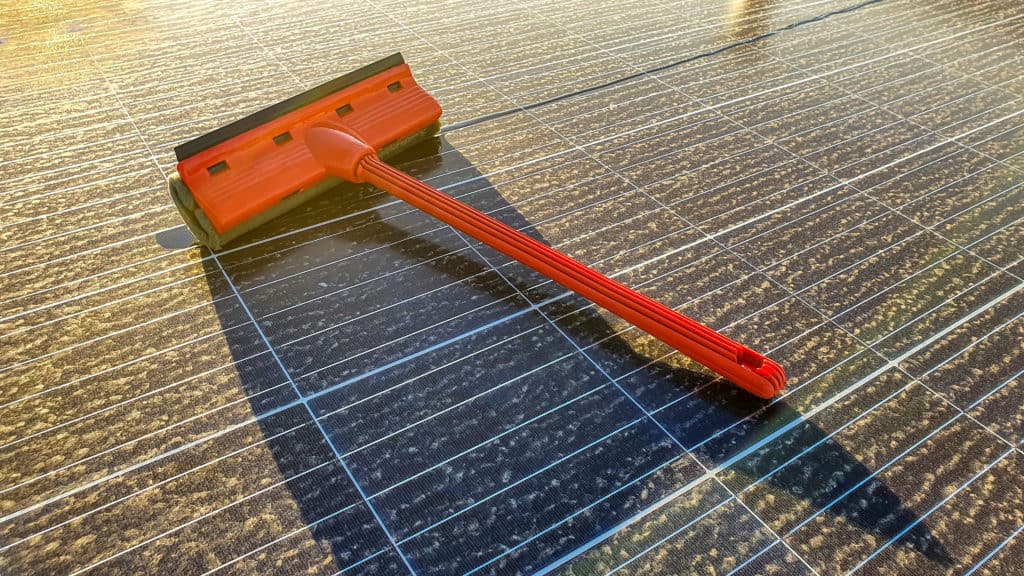
Proper solar panel cleaning ettiquet will depend on where you live. In most climates, solar panels will require a minimal number of cleanings to maximize their optimum efficiency. Each climate will adjust the number of times that you need to clean your solar panels each year.
- Dry desert climate – In a dusty climate like this, where dirt and sand are likely to be picked up by any possible winds, you will probably have to clean your solar panel more frequently, especially when there is little to no rainfall to do it for you.
- Wet forest climate – The wet climate will more than likely clean the solar panels for you. Exceptions to this will apply if your solar panels are not installed at a slant, or that slant is too small. In this case, forest debris and other dust and dirt may simply stick to the panel and need a cleaning every once in a while. You are also more likely to deal with hard water scales that can build up without frequent cleaning.
Warning: Be aware that dirt and dust can get shoved into cracks on the surface of your solar panel during stormy weather conditions.
For your information: Solar panel cleaning should usually be performed around every six months.
Tip: If your solar panels are slanted and you receive consistent and natural rain fall, you will most likely not have to clean your solar panels. Rain fall will naturally clean the panels for you.
What if my water is too pressurized?
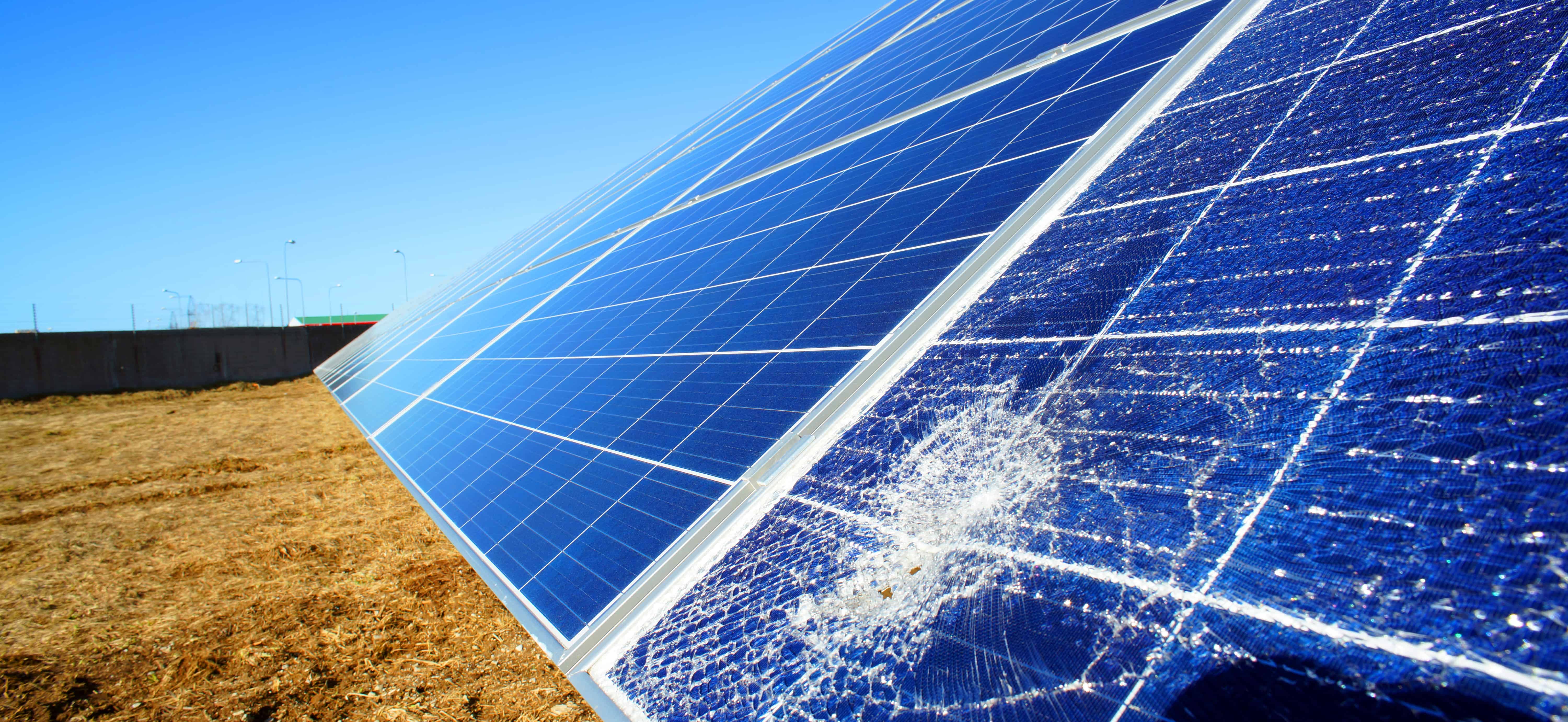
When cleaning a solar panel, the water needs to be softer, and or less pressurized than normal. Pressurized water could cause damage to the solar panels.
For your information: It is a common occurrence for a solar panel to develop a small invisible crack that could be further damaged or expanded by pressurized water.
Any pressure that is too great, can cause further cracking or damage to occur along the tops of the solar panels. As these areas are not flexible, nor are they designed to be able to receive a greater amount of force than absolutely necessary.
Warning: Any damage that occurs by using pressurized water, could decrease the efficiency of the solar panel in its ability to absorb and create solar energy.
Warning: Do NOT use hard water when cleaning your solar panel either. As hard water can leave mineral deposits, which dry onto the surface of your solar panel.
Tip: Be aware of where you are washing your solar panels as well. As only the tops of the panels, where the glass rests, should be properly washed. Washing behind, underneath, or in between, could cause further damages to occur.
For your information: Using a power wash or pressure wash is not advised. As a power or pressure wash contains abnormally pressurized water. This will more than likely cause damage to your solar panel glass.
Cleaning with a soft brush
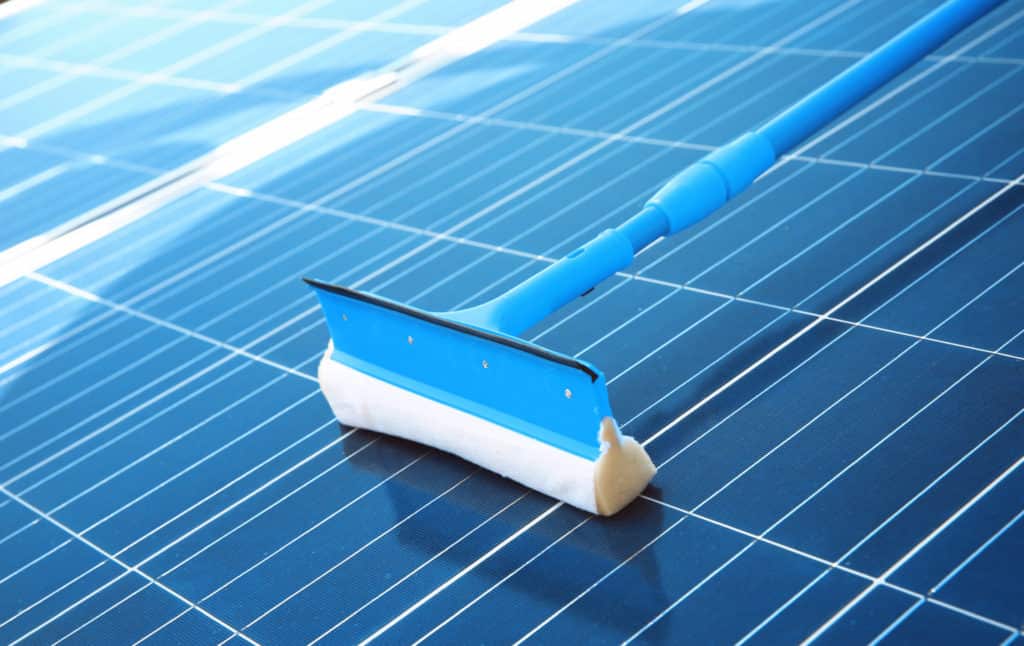
The last thing we want is to have another risk of damaging our solar panels, which is why choosing the correct tools for the job is so important.
Using the right kind of brush when cleaning is vital to keeping your solar panels from getting damaged. Hard bristles that would scratch the surface of the solar panel glass can decrease the panel efficiency if it happens too often.
It is necessary to use a soft cleaning brush of genuinely good quality when cleaning your solar panel. This will aide in preventing any unwanted damages that can occur on the solar panel glass.
These damages will also make it more difficult to clean in the future and, as stated before, decrease the efficiency of your solar panel to convert solar energy.
(Source: How to clean solar panels from the ground | Better Homes and Gardens (bhg.com.au))
Should I hire someone instead?
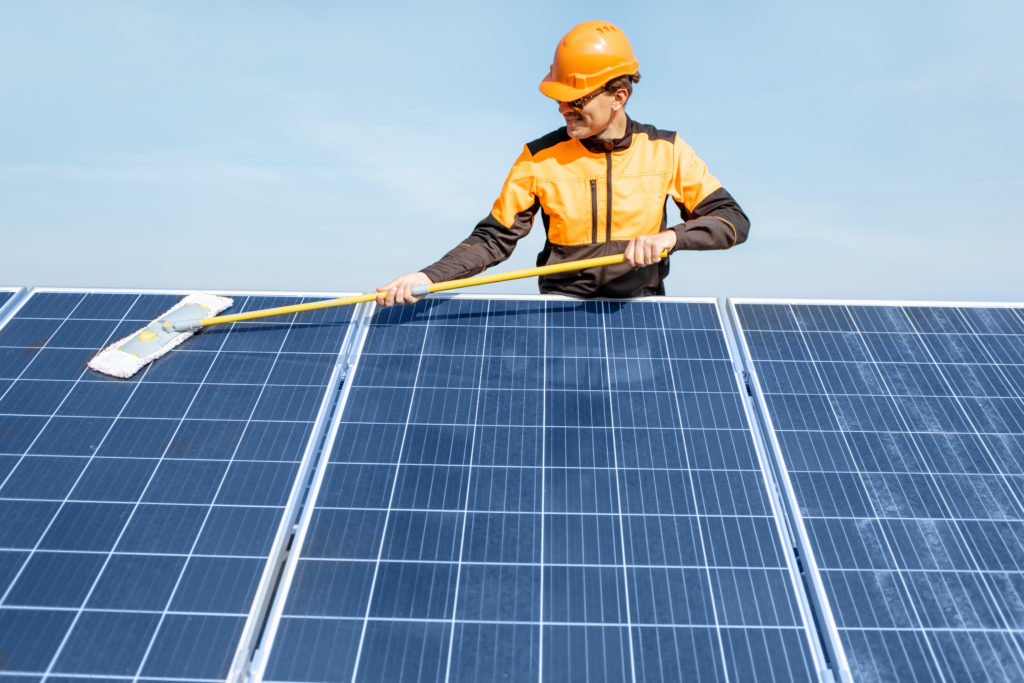
You should consider whether or not hiring someone might be necessary for this specific cleaning job. There are possible damages and issues that can occur when you clean it yourself. So looking for a professional is always a better option.
Although it may cost more to hire a professional to clean your solar panels, the risk of decreasing solar power energy efficiency and other possible damages can tend to make it worth the out of pocket payments.
Tip: If cleaning your solar panels is a rare occurrence, then it may be a better and safer decision to hire a professional to clean your solar panels.
Tip: If your solar panels are too dirty to clean yourself, then it is also the best decision to hire a professional to do it for you. Cleaning a solar panel that is too far gone, may be too great of a challenge for you. And it brings possible damages into higher risk.
Tip: If your solar panel needs to be cleaned more frequently and it is not too difficult to do so, then it would be of use for you to learn how to clean it yourself. Otherwise, the frequent hiring of a professional could be an unnecessary and excessive out of pocket payment.
What if there is damage to my solar panel?
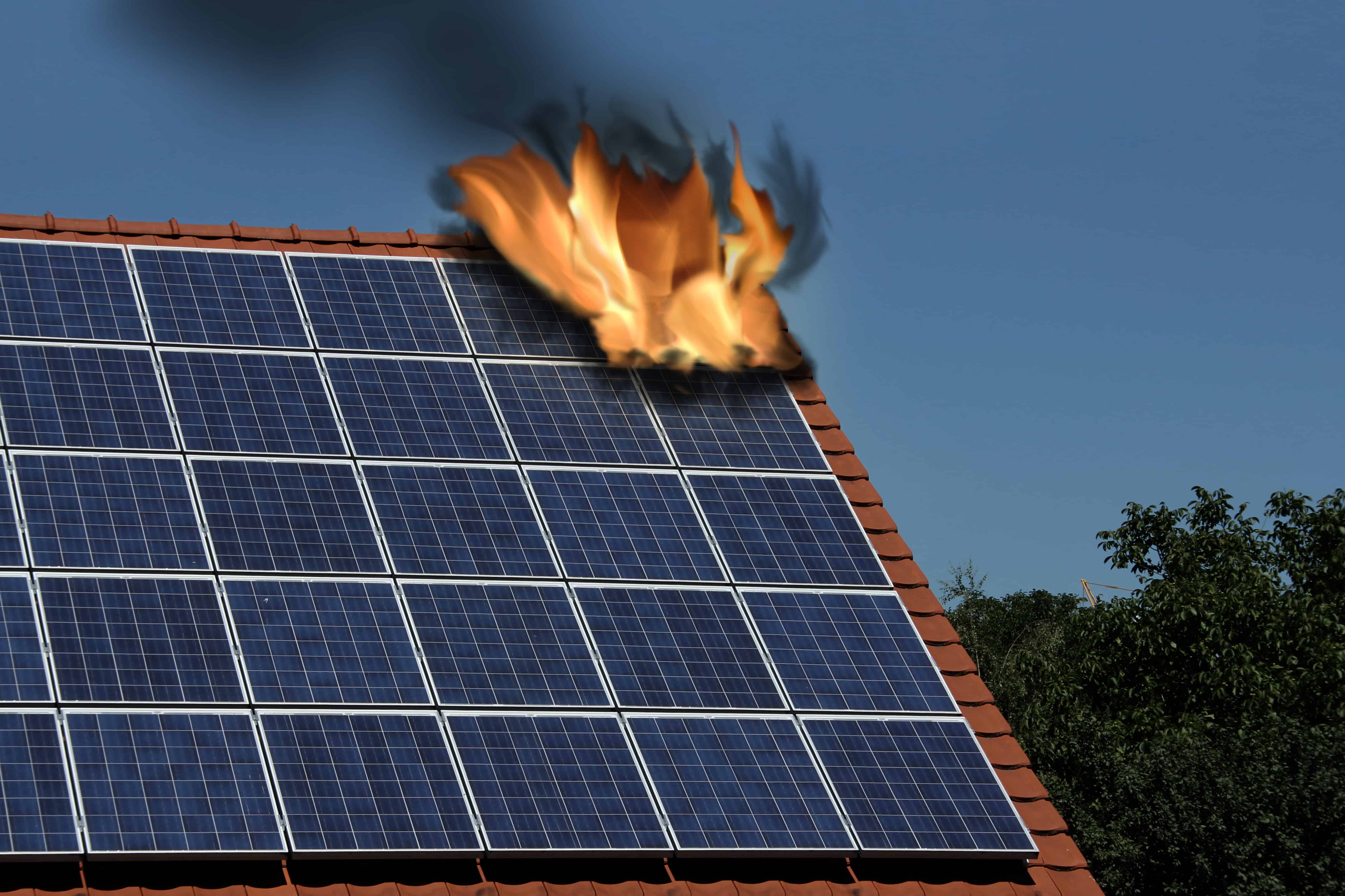
If there is damage to your solar panel, then cleaning it will not help you increase the efficiency of your solar panel. In fact, it may have the opposite affect. This would mean the the damage would increase, which would then decrease your solar panel’s efficiency in increasing solar energy.
In this case, it would be a better decision to hire a professional to repair the damages that have occurred. As soon as the damages have been repaired, you may attempt to clean, or hire someone else to clean, your solar panels properly.
Warning: Do not attempt to fix your own solar panel without prior knowledge and experience. Unless you have the proper guidance, trying to fix it yourself could potentially cause further damage to your solar panels than was previously done.
For your information: Depending on how great the damage is, you may have to replace your solar panel entirely. As it may be irreparable, and attempting to fix it would cost you more in the end. In this case, replacing the solar panel would be the best decision.
What will happen if I don’t clean my solar panels?
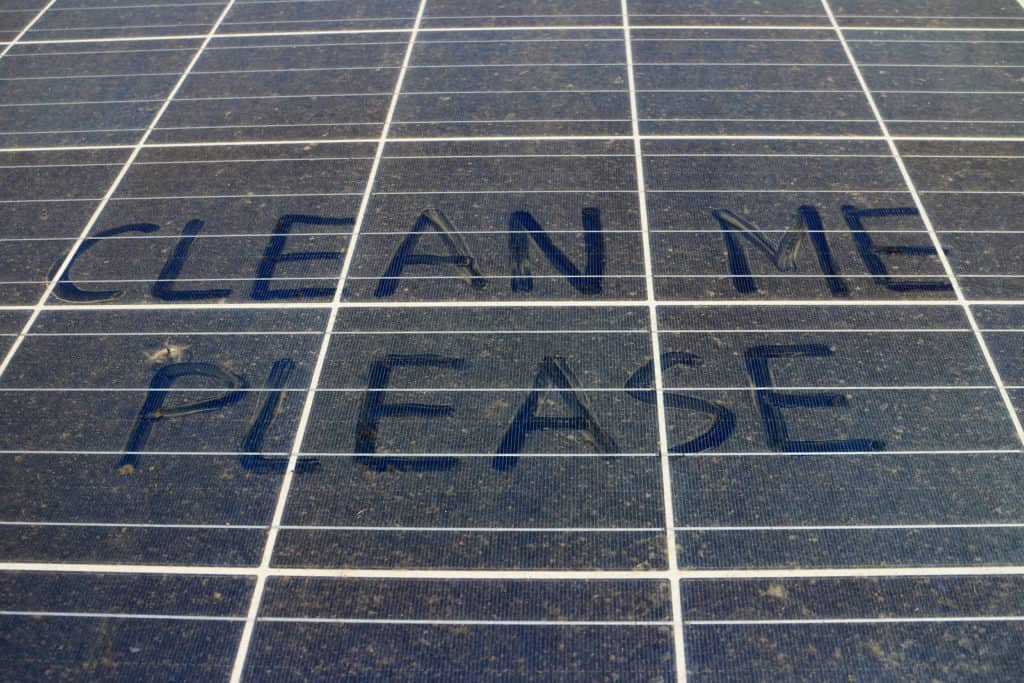
There are many possible issues which could occur when attempting to avoid and possible cleaning for your solar panel. Whatever the reason may be for doing so, you may find that there is a consistent decrease in efficiency.
In certain cases, the efficiency of your solar panels will often decrease by fifteen to twenty five percent. This would cause great difficulty in the levels of the solar energy output of your solar panels. In which case, cleaning them is the better option.
For your information: A decrease in efficiency will bring about a decrease in any available solar energy within your home. In which case, would increase your electrical bill, were you to have electricity as a back up to solar powered energy use.
Another possible issue that can occur is the damage that can be caused by the build up of debris over the top of the glass of each of the solar panels. This build up can weigh down over the glass, cracking the glass under certain weather conditions.